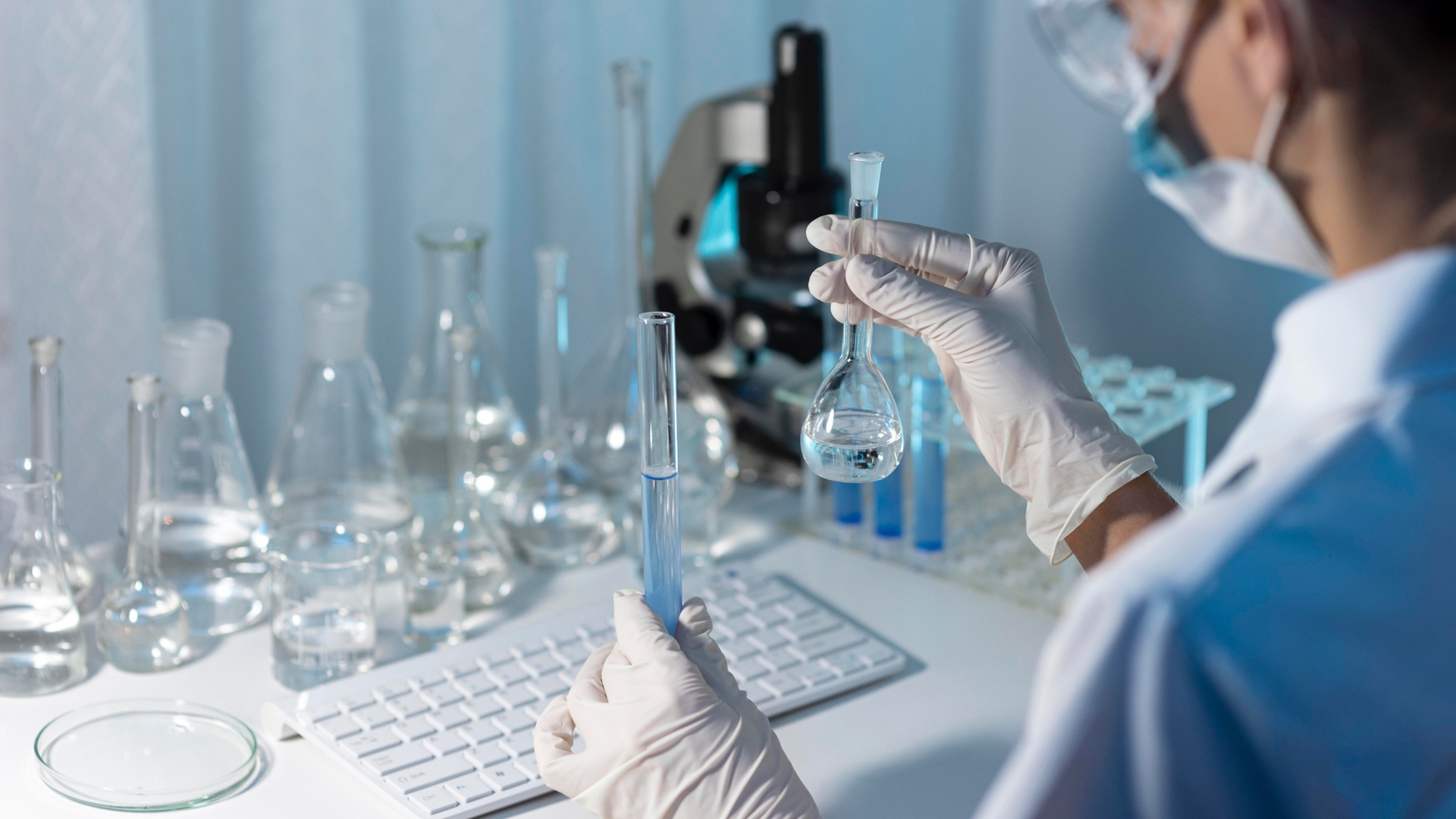TS EN ISO/IEC 17025 Internal Audit Question List

TS EN ISO/IEC 17025 standard; It is used for accreditation of experiment and calibration laboratories in accordance with internationally harmonized standard rules. TS EN ISO/IEC 17025 deals with the adequacy of the general requirements for the adequacy of test and calibration laboratories, as well as their technical competence to produce accurate and reliable results.
Developed to increase confidence in laboratory work, TS EN ISO/IEC 17025 includes agreed requirements for laboratories with the aim of enabling laboratories to demonstrate that they are working competently and can produce valid results.
The purpose of the TS EN ISO/IEC 17025 standard can be followed in 4 steps:
- To create a management system open to continuous improvement, to determine and follow the objectives of the management system, to provide traceability in terms of technical and documentation, to make the test and calibration results reliable,
- To cover the general requirements for the competence, impartiality and consistent operation of laboratories.
- It can be applied to all organizations that provide testing or calibration services, regardless of the number of personnel or the scope of their activities.
- The laboratory should have adequate personnel, facilities, equipment, systems and support services necessary to manage and perform its activities.
The use of the TS EN ISO/IEC 17025 standard will facilitate cooperation between laboratories and other organizations, and help harmonize standards and procedures by exchanging information and experience.
The revision of the TS EN ISO/IEC 17025 standard in 2017 brought a risk-based approach to laboratories. The laboratory needs to plan and implement activities to address risks and opportunities. Addressing both risks and opportunities should form the basis for increasing the effectiveness of the management system, achieving better results and preventing negative impacts. The laboratory should continually identify risks that will affect objectivity. These descriptions should also include risks arising from the activities or relationships of the laboratory or the relationships of its personnel and should be able to show how it can eliminate or minimize this risk.
The laboratory is responsible for the management of all information obtained or created during the realization of its activities, in line with legal obligations. All employees, including committee members, contractors, external organization personnel, or persons operating on behalf of the laboratory, must keep all information obtained or created during the performance of the laboratory's activities confidential, except where legally required as per the TS EN ISO/IEC 17025 standard.
Laboratory activities should be carried out in a way that meets the requirements of the TS EN ISO/IEC 17025 standard, laboratory customers, regulatory authorities and organizations providing recognition. This also applies to activities the laboratory performs at all its fixed facilities, outside of its fixed facilities, its associated temporary or mobile facilities, or at the customer's facility.
Laboratory in accordance with TS EN ISO/IEC 17025 standard;
- Define the organization and management structure, its place in any parent organization, and the relationships between management, technical activities and support services;
- Determine the responsibilities, authorities and interrelationships of all personnel performing the management, implementation or verification task, which have an impact on the results of their activities;
- Document procedures to the extent necessary to ensure the consistent implementation of its activities and the validity of results.
It should authorize personnel to perform certain laboratory activities and periodically monitor their competence.
You can reach the document related to the TS EN ISO/IEC 17025 standard by clicking the link below;
https://suswise.com/discover/quickchecks/ts-en-isoiec-17025-ic-tetkik-soru-listesi-815615
Prepared by: Bihter Yeşilyaprak, Quality Systems Consultant , Chemist, Trainer&Consultant of Accreditation TS EN ISO IEC 17025